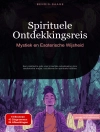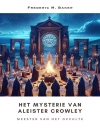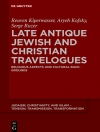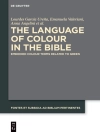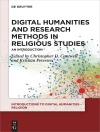This volume of the series ‘Key Concepts in Interreligious Discourses’ investigates the roots of the concept of ‘soul’ in Judaism, Christianity and Islam.
The human soul fascinates not only believers in the three monotheistic faiths. Believing in an immortal entitiy, surpassing body, materia and their temporality and thus seeming to be closer to the creator that the mere body was and remains to be a vividly discussed theme in theological and practical debates. Even our secular, postreligious environment is unable to disengage from the key concept of the soul. Numerous proverbs, undefined concepts and hopes prove this fact. Asking for the soul means asking fundamental questions like life after death and therefor asking for one of the most fundamental and uniting hopes of human beings, be they secular or religious.
The volume presents the concept of ‘soul’ in its different aspects as anchored in the traditions of Judaism, Christianity and Islam. It unfolds commonalities and differences between the three monotheistic religions as well as the manifold discourses about peace within these three traditions. The book offers fundamental knowledge about the specific understanding of the soul in each one of these traditions, their interdependencies and their relationship to secular world views.
A propos de l’auteur
Christoph Böttigheimer und Wenzel Maximilian Widenka, Katholische Universität Eichstätt-Ingolstadt.



